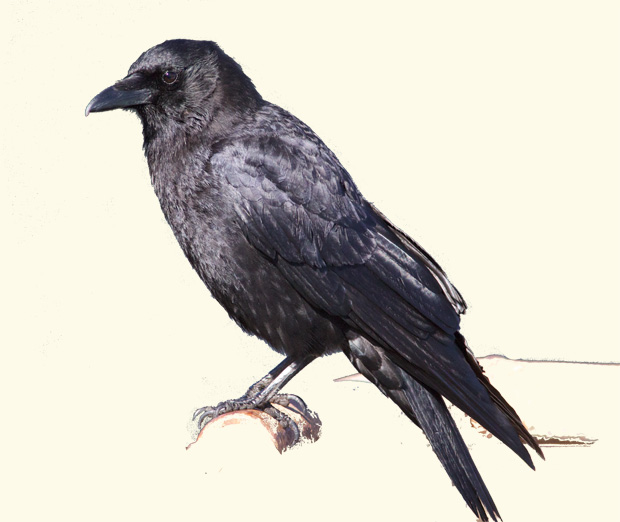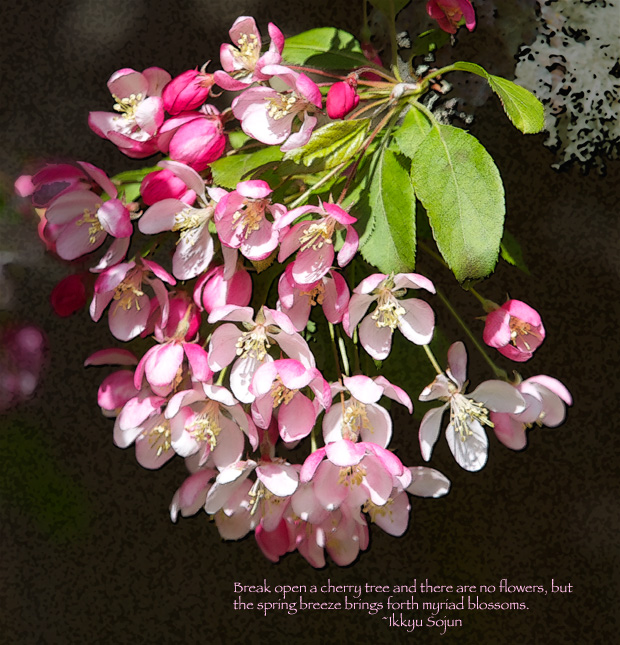Tom’s recent comment that ” When I buy a book of poems, it’s like buying a bottle of single malt. It’s a rare event and I enjoy it very slowly over a long period.” seems rather appropriate to the next book I began reading haiku mind: 108 poems to Cultivate Awareness & Open Your Heart.
It’s the kind of book with commentary that almost demands a daily reading, something, I’ll have to admit, that I’ve never been very successful at. I bought a book several years ago entitled 365 Tao: Daily Meditation and I don’t think I ever got much beyond the 5th day. I am many things, but methodical certainly isn’t one of those things. I’ve always been better at totally immersing myself in a a subject than tackling it one piece at a time.
So, this might well be the only entry you’ll ever read on this book, but despite the fact that I plan on several outings in the next few weeks, I’ll try to read one entry a day as long as I’m home. It might help that I’ve liked the first few haiku, and the commentary following those haiku.
It begins with a haiku that explains the author’s motive in writing the book:
1 Pausing
pausing
halfway up the stair-
white chrysanthemums
ELIZABETH SEARLE LAMB
Pausing is the doorway to awakening. This haiku epitomizes a moment that occurs naturally in our lives, but that we often hurry or gloss over. Haiku awareness is a simple way to slow down and tune in to this fleeting moment, to appreciate what is right in front of us. We pause not only with our body but also with our mind. And sometimes we can be attentive and sometimes we cannot, but that is all right, for the next moment always brings us the fresh possibility to pause and be present again. There are no steps to follow, there is no enlightenment to work toward-there is only the simplicity of relaxing into this very moment that is complete in itself. This naked moment is the only guide that we need to relax our mind. We need to trust this: in the midst of our daily life activities, the possibility to slow down, to stop, and then to appreciate naturally unfolds. For a fleeting moment we pause and note the sunlight on the sheets as we make the bed, note the warm sun on our cup as we sip tea, or note the fading light on the curtain as we enter the room. And we let out a breath or sigh. Pausing.
ELIZABETH 5EARLE LAMB (1917-2004). The foremost American haiku poet living a life dedicated to haiku, called “the first lady of Ameri- can haiku” Lamb was one of the founding members in 1968, along with Harold G. Henderson, of the Haiku Society of America and editor of Frogpond, its journal. She was also an early president of HSA and an honorary curator of the American Haiku Archives. Her last book was Across the Wind Harp: Collected and New Haiku.
As noted above, I tend to be a Type A personality, so pausing, except in the summer when I wasn’t working, has never been something I’ve done very well until I retired and took up Tai Chi and, coincidentally, birding. Perhaps this new found “awareness” is why I’ve become more and more fond of poetry that employs concrete images.


